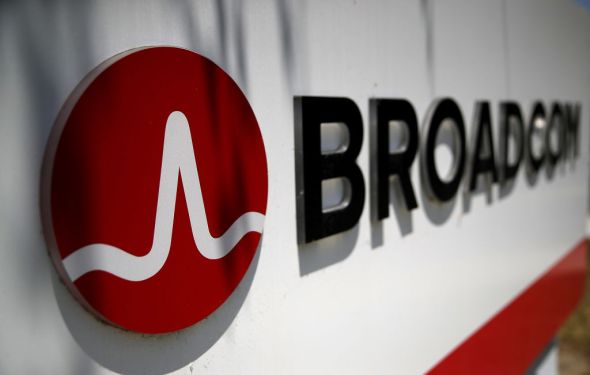
The article is a critique of a pitch deck for a startup called point.me, which appears to be related to travel and transportation. The author, Haje Jan Kamps, breaks down the pitch deck into several key points, highlighting both positive and negative aspects.
Here are some of the main points:
- Traction: Point.me claims to have raised money from industry insiders who understand its space. However, Haje argues that this is not necessarily a strong indicator of traction, as it’s expected for startups in this stage to raise funding from knowledgeable investors.
- Marketing and branding: The pitch deck includes logos of other companies that the investors have backed. Haje criticizes this approach, suggesting that it’s desperate and may associate point.me with failed ventures rather than successful ones.
- Team: Haje praises the team section of the pitch deck, saying that it effectively showcases the company’s expertise and experience in the field.
- Product: The author notes that the product section is brief but does convey the company’s unique value proposition and competitive advantage.
- Desperation: Throughout the critique, Haje suggests that point.me may be exhibiting desperation in its attempts to prove traction and secure funding.
Some key quotes from the article include:
- "Of course you’re going to raise your first round of institutional investment from people who know the space well. But if you’re trying to build a truly venture-scale business, I’d argue you need to raise money from investors with a lot of experience in B2C retail or consumer services."
- "The problem here, of course, is that each investor has a portfolio, and for every Getaway, Google Flights and Brex, there will be a slew of failed companies. Presumably, point.me doesn’t want to associate itself with those, so it makes little sense to include any of them here."
Overall, the article provides valuable insights into what makes a strong pitch deck and how to effectively showcase a startup’s value proposition and competitive advantage.















